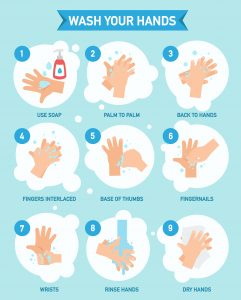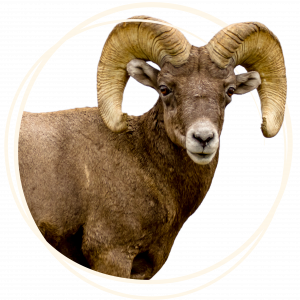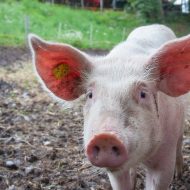Giardiasis
Giardiasis is a disease that causes diarrhea (runny poop). It is from a parasite called Giardia that lives in the stomach of humans and animals and is passed in poop. Giardia can live outside of the stomach for weeks to months.
Overview
How can I get sick?
The disease is spread by accidentally swallowing Giardia, such as swallowing things that have poop on them from infected* animals or from infected* humans. Giardia spreads very quickly and can be almost anywhere.
- Swallowing food or water with Giardia in it.
- Touching poop from someone who has Giardia. This happens a lot in childcares when changing diapers.
- Traveling to places that have poor sanitation*.
- Picking up or touching things that have Giardia on them (dirty diapers, toys, handles, doors) and then putting your hands in your mouth.
- Touching sick animals or their things that might have poop on them.
People at risk:
- Teachers or children in childcares
- Children
- People who are already sick with another illness
- Backpackers, campers, or hunters that are drinking unfiltered water
Symptoms in humans:
Some people may have no symptoms while others start showing signs 1 to 2 weeks after getting the disease.
- Diarrhea (runny poop)
- Farting
- Very stinky poop that floats
- Stomach cramps or pain
- Feeling like you need to throw up
- Upset stomach
- Dehydration*
- Losing weight
- Itchy skin
- Hives*
- Swelling of the eyes and joints
Over time Giardia could cause irritable bowel syndrome* (IBS), arthritis or diarrhea (runny poop) that won’t go away.
What can I do to stay healthy?
Giardia can spread very easily, so it’s important to do what we can to stop it from spreading:
- It’s important to wash your hands after field work, landscaping, gardening, or any outdoor activities since Giardia can be found in the dirt.
- Proper Handwashing – Wash your hands with soap and running water for at least 20 seconds. Make sure to scrub your thumbs, between your fingers and the tops and bottoms of your hands. Dry your hands with a paper towel.

- Proper Handwashing – Wash your hands with soap and running water for at least 20 seconds. Make sure to scrub your thumbs, between your fingers and the tops and bottoms of your hands. Dry your hands with a paper towel.
- Don’t drink untreated water. Don’t swallow water from pools, lakes or rivers.
- Don’t go swimming if you have diarrhea (runny poop)
- After touching an animal don’t touch your face or mouth and be sure to wash your hands right away. This includes after touching anything in an animal’s living environment.
- Don’t eat fruits or vegetables that may have been washed in unsafe water and don’t eat raw or undercooked* meat.
- Properly clean and disinfect items or surfaces that have poop on them.
*Definitions:
- Dehydration: When there’s not enough water in your body.
- Hives: Red round bumps on your skin. They are sometimes very itchy.
- Infected: When germs get inside of a body, animal, or an organism.
- Irritable Bowel Syndrome (IBS): A condition that causes pain and discomfort in the stomach and intestines.
- Sanitation: An action taken to keep places clean and healthy.
- Undercooked: Cooking food less than the recommended time or temperature.
Species Affected

Learn About Other Diseases
Click below to learn more about the many different diseases that can spread between animals and humans.
Diseases